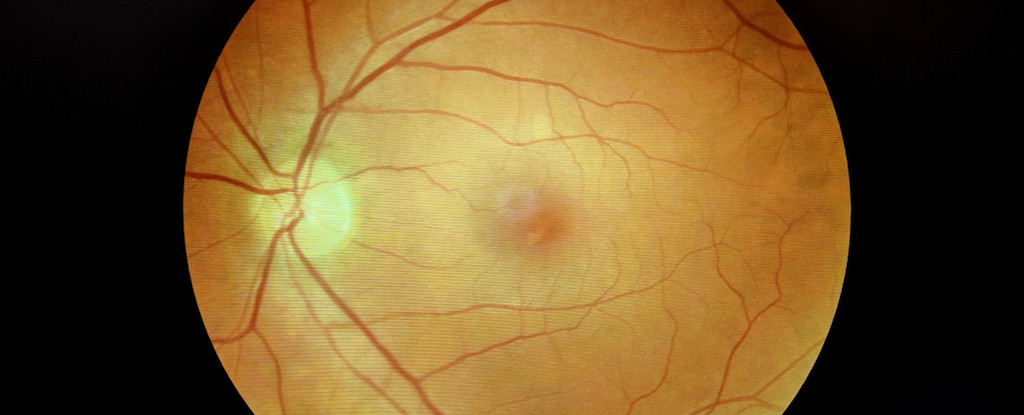T4K3.news
New research links copper deficiency to Alzheimer's risk
Studies show that lower copper levels may increase the risk of developing Alzheimer's disease.

Research suggests that copper plays a critical role in brain health and may influence Alzheimer's risk.
Copper deficiency linked to higher risk of Alzheimer's
New research indicates that a deficiency in copper may increase the risk of developing Alzheimer's disease. Studies have shown that adequate dietary copper can be essential for brain health, impacting the formation of plaques commonly found in Alzheimer's patients. While the average adult requires around 1.2 mg of copper daily, the mineral's presence in the brain does not correlate with dietary intake. Foods rich in copper, such as shellfish, nuts, and leafy greens, may contribute to cognitive health, suggesting a potential link between a balanced diet and lower rates of dementia.
Key Takeaways
"A deficiency in copper levels can often be found in patients suffering from Alzheimer's."
This highlights the potential link between copper levels and Alzheimer's disease severity.
"Copper-rich foods may contribute significantly to reducing cognitive decline."
Emphasizes the importance of diet in maintaining cognitive health.
"More research is needed to clarify copper's association with Alzheimer's."
Points to the ongoing need for deeper investigation in this area.
The emerging research on copper's role in brain health reflects a growing understanding of how nutrition influences cognitive function. As studies highlight the connection between dietary elements and diseases like Alzheimer's, there is a clearer call for public health initiatives that promote nutrition education. The consistent emphasis on foods from the Mediterranean diet underlines the potential for lifestyle changes to mitigate such health risks. These findings raise questions about how we integrate nutrition into broader strategies for aging and disease prevention.
Highlights
- Copper could be the key to protecting your brain as you age.
- Dietary copper may hold the secret to cognitive longevity.
- A common mineral might influence your risk for Alzheimer's.
- Nutrition plays a vital role in brain health.
Potential health risk associated with copper deficiency
The link between copper deficiency and Alzheimer's disease suggests a significant health risk. As awareness grows, there may be public backlash regarding dietary guidelines and their impact on cognitive health.
Future research may further illuminate copper's role in preventing cognitive decline.
Enjoyed this? Let your friends know!
Related News

New study reveals Ozempic's benefits for dementia risk in diabetes

Eating eggs weekly linked to lower Alzheimer’s risk

Study links egg consumption to reduced Alzheimer's risk

New research reveals early Alzheimer's warning signs

New study links disrupted sleep to dementia risk

Study reveals poverty's impact on women's memory decline

Study shows SNAP aids cognitive health in older adults

COVID-19 Linked to Alzheimer’s-Like Changes
